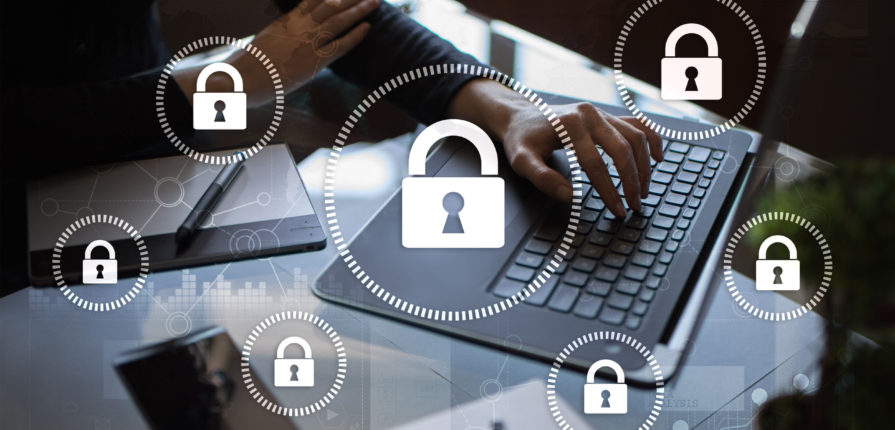Simple, common sense cybersecurity practices all security and alarm professionals should never underestimate
Does your Router deserve a break once in a while? You bet it does! Our lives are totally different now that we have the internet. However you use the internet—to pay bills, or to connect on social media– it is a crucial staple in households and businesses. Just as you shut down the computer to improve its operation, rebooting your router can improve its performance. According to Consumer Reports, the benefits of rebooting are twofold. If you want a faster connection, you should regularly turn your router on and off. Did you know that your ISP (internet service provider) assigns a temporary IP address to each of your devices, which can change at any time? If your router is not rebooted, it may not catch the change and your connection may become quite slow. Rob Rohrman, head of IT at CompTIA confirmed that: “In general, it’s a great idea to reboot the main internet router every couple of months. A router reboot can fix certain internet connectivity issues, from no internet connectivity to slow wireless connections, and should be one of your troubleshooting steps in a home or consumer environment. It is good security practice to reboot the router, your computer, and to change your password every month or two.”
Restarting your router is more than just an aid to a speedier connection; it is–very importantly– a way to prevent yourself from being hacked. Last year, (PSA I-052518) the FBI recommended that all home and small business routers be rebooted after foreign hackers compromised thousands of networks worldwide. They were caught using a malware called VPNFilter, whereby the hackers were able to collect information, exploiting the device and blocking network traffic, thus rendering the routers inoperable.
The cybersecurity signs that you should be aware of because they signal that you may be in imminent danger of being hacked are:
- You get contest information that you didn’t sign up for.
- You received a suspicious email and/or phone call.
- You have the same password for everything (or most things).
- You believe unbelievable deals.
- You engage with suspicious emails.
- You have a weak password.
- You don’t believe it could ever happen to you.
- You never update your apps and Operating System.
- You frequently leave your computer unguarded in a coffee shop.
- You freely provided personal info to an unencrypted site.
- You are too impatient to take proper care.
- You do your banking by public Wi-Fi.
- You don’t have a passcode on your phone.
- You never back up your data.
- You share too much information on social media.
Ask those around you if they think you exhibit any of the above traits and carefully analyze your habits to ensure you don’t leave your “Digital Door” open. The message, for each of us, is to take charge of our digital devices and realize that they are magnets for bad guys and their malware.
Since I am speaking to fellow alarm dealers, think about how you run your business and the “Digital Doorway” into your office. Have you taken the necessary precautions to protect your data? The typical alarm dealer probably has more key information on his customer than he may realize, and the bad guys will soon figure that out if they haven’t already. It seems to me that we need a service to offer our residential and small business clients that protects their network and end points along with the IoT devices that they install in the future. This would hopefully be software that would be downloaded to the customer’s system and enable them to repel and reject the malware that is hanging around waiting for an opening. This species of software will not only protect the customer’s “Digital Door”, but would also create a loyalty, or sticky, factor that will protect against encroachment by DIY and other predatory entities.
Tony Smith is the founder and President of Security Funding Associates, a 20yr. Brokerage, and Advisory Services firm, located in Los Angeles CA. He is a licensed alarm dealer, past President of the CAA and former Board Member of ESA. Tsmith@securityfundingsolutions.com * (626) 795-9199



